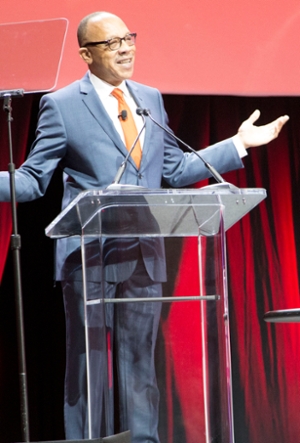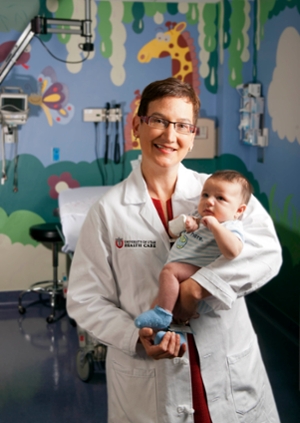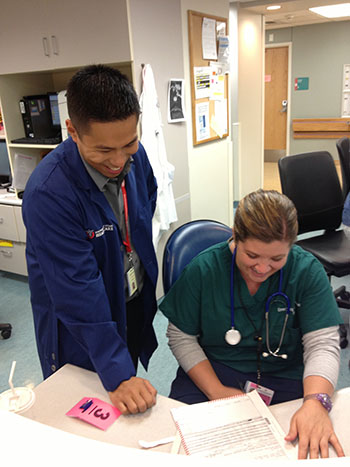Teaching the Teachers: The Group on Faculty Affairs
Darrell Kirch: Why Medicine Needs to Embrace Change
Scholarship is hard: Marshall University figured out a way to make it easier
Student Voices: What happens when change moves too fast?
What do teachers and Shark Tank have in common? Johns Hopkins University has the answer
How can we help teachers teach?
We've Lost that Loving Feeling: How technology has distracted us from compassion and empathy
Stop Talking, Start Listening
Student Voices: What is it about the third year of medical school that creates so much stress?
Student Voices: Recruitment vs. Retention–How is your institution doing?
Is Precision Medicine the Future of Research in America?
How to Bring Research to Life: Show People Why it Matters

Pulitzer-winning columnist Eugene Robinson on social justice and why 'all lives matter'
Boost Research Funding and Build a Healthier, More Diverse Physician-Scientist Pipeline

Women in Medicine: Cultivating a Healthy Disrespect for the Impossible
The Gender Gap in Medicine: Why it Persists and How to Fix it

Could Research-Authoring Undergrads be a Solution to the Physician-Scientist Shortage?
Medical practices and success in the new era of Medicare payment: What I learned from three early adopters


